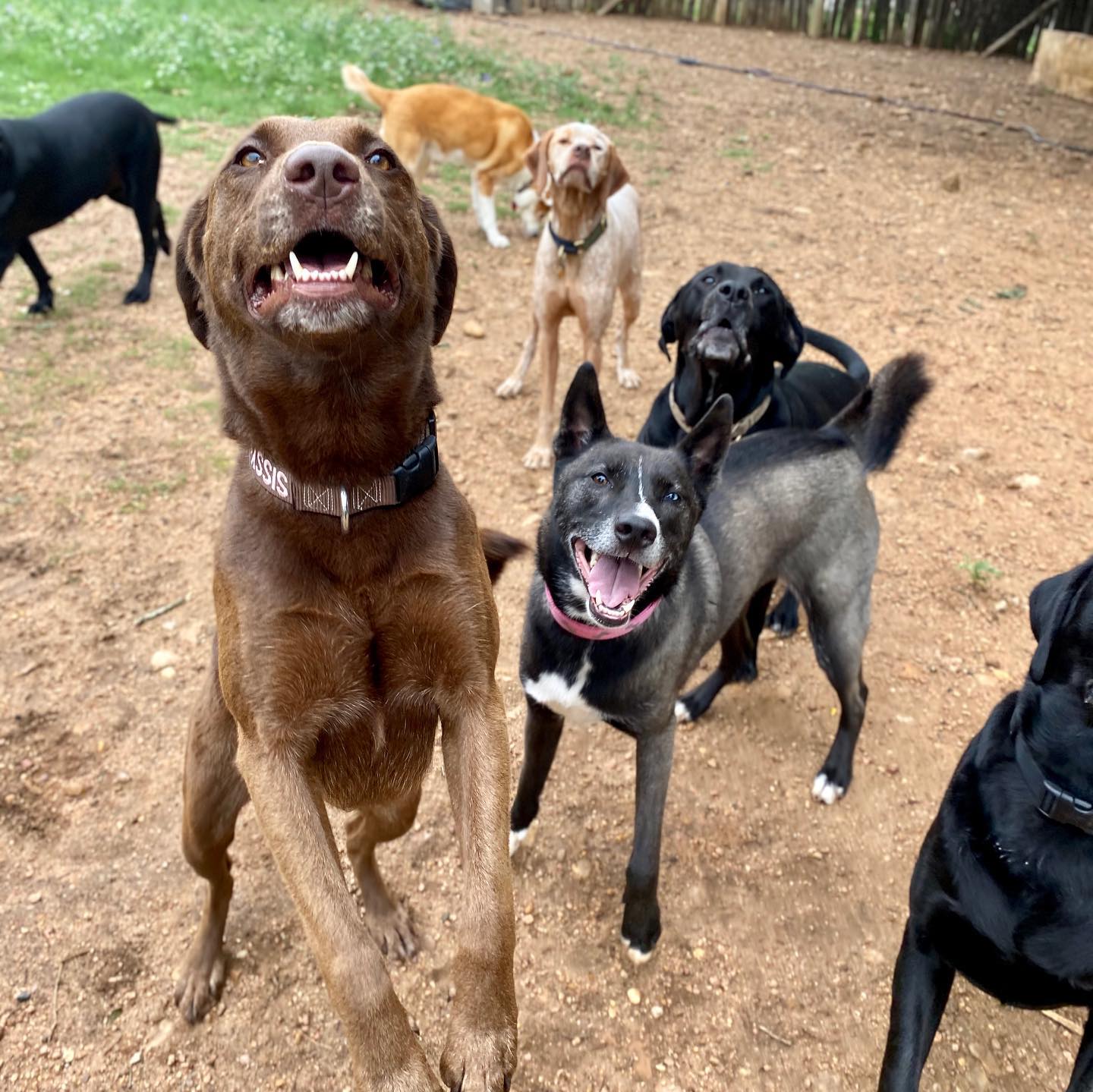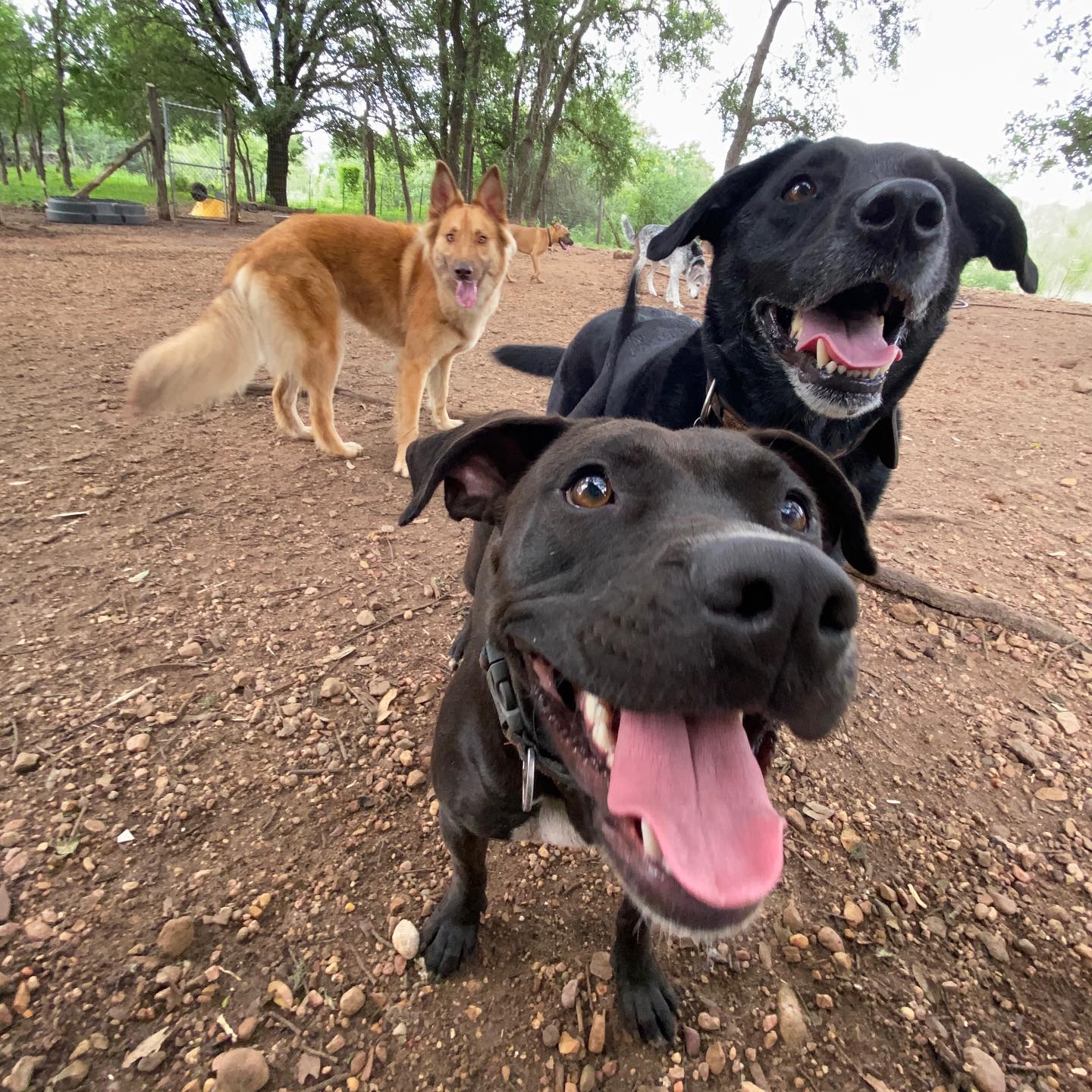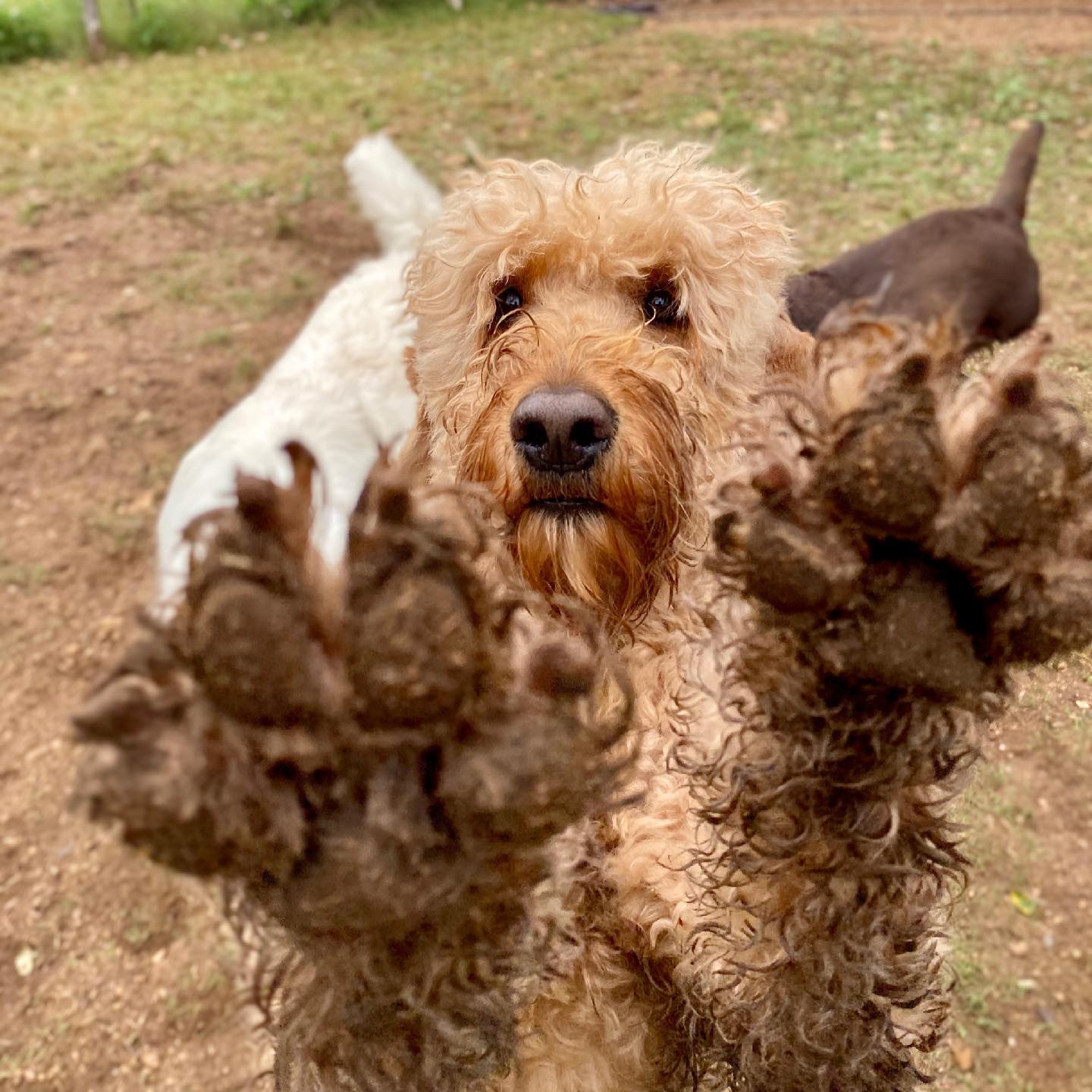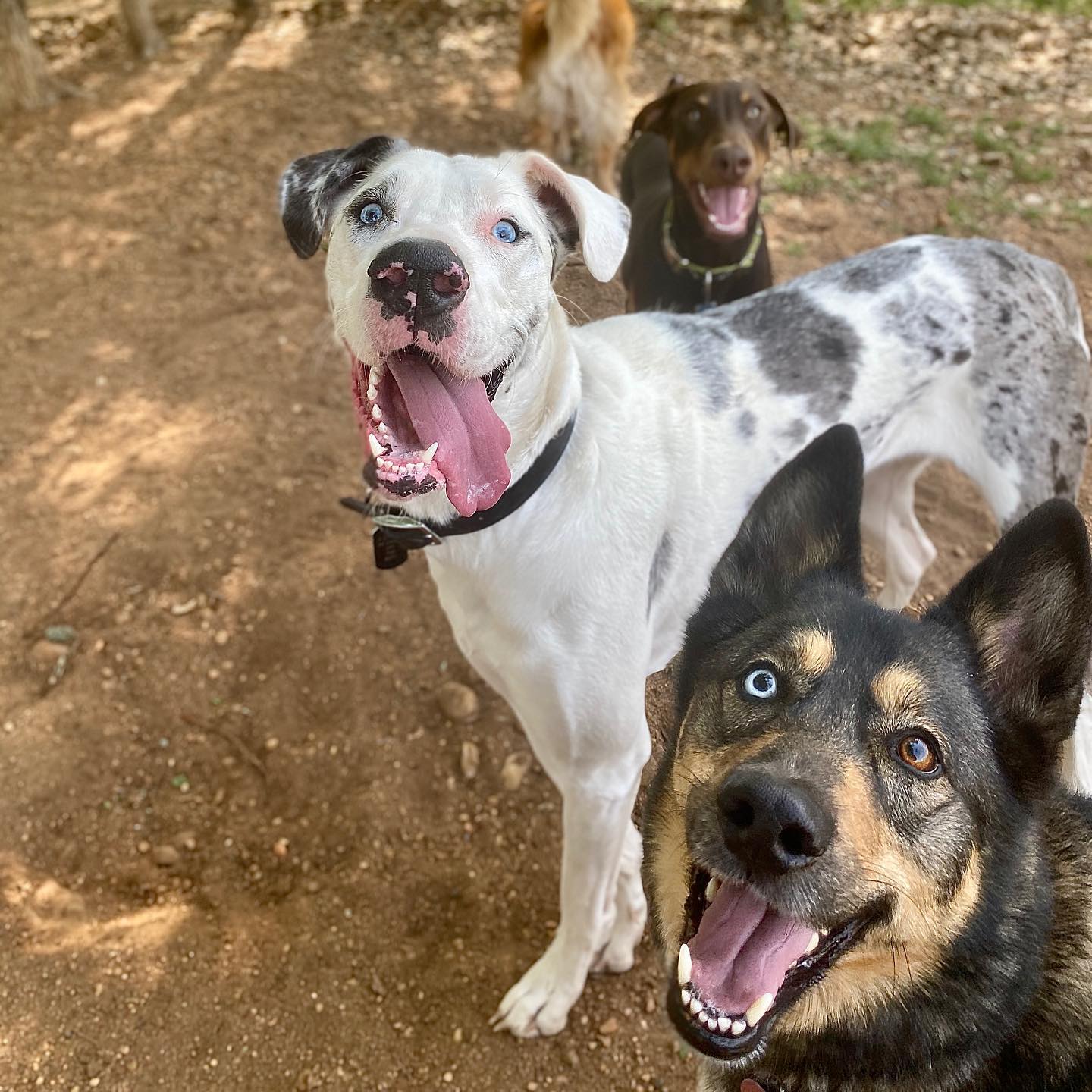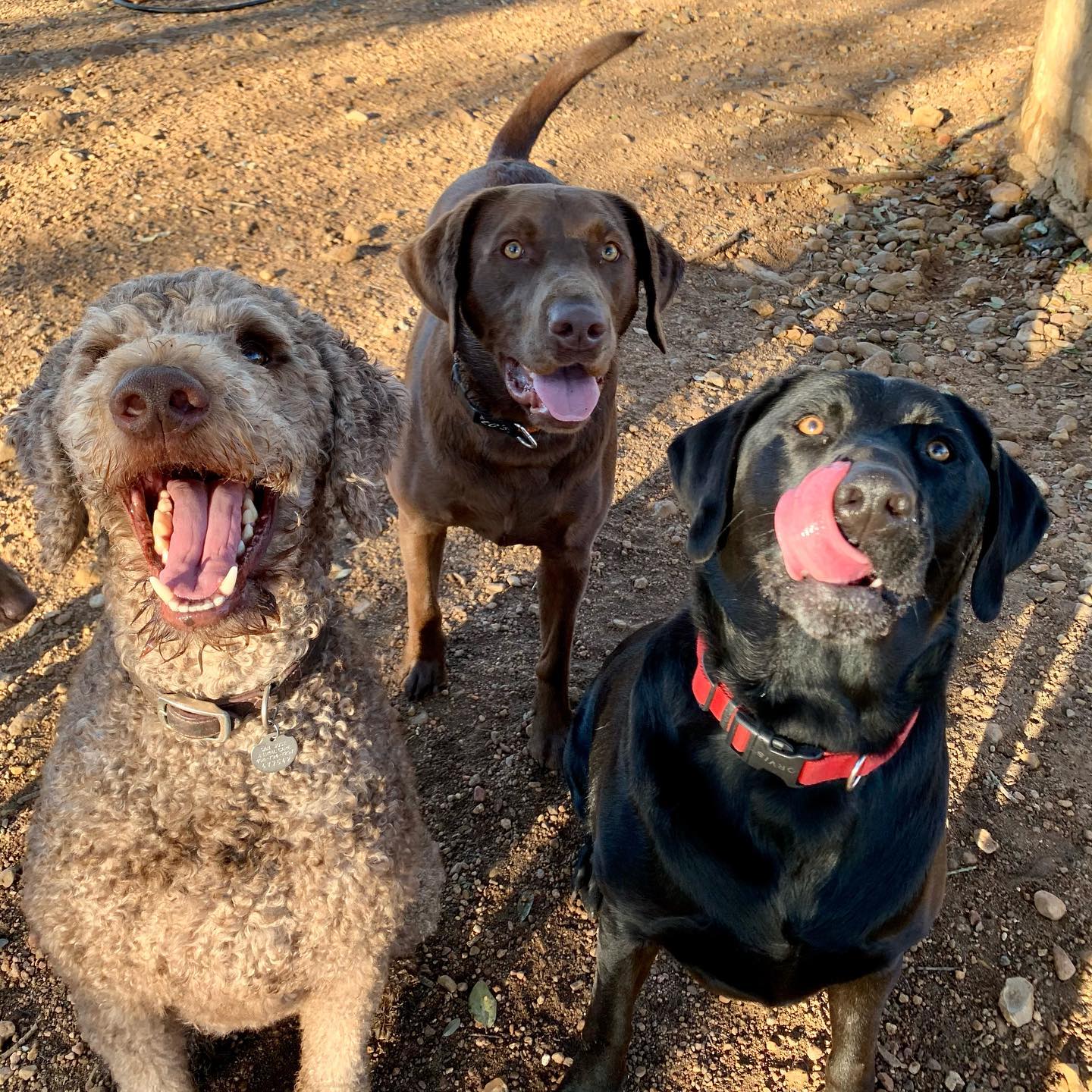What to Expect the First Time You Board Your Dog
If you don’t know what to expect the first time you board your dog, then you’re probably thinking about whether or not it’s going to be stressful for them. Well, some dogs may get stressed from the experience of being left in a strange place and with unfamiliar people. But other dogs won’t mind at all! If you want to know what to expect the first time you board your dog, then this article will help you understand more about how dogs react to this situation.
Prepare early by finding a reputable and clean facility.
Choose a reputable facility early. Some popular facilities require reservations well in advance, especially if you’re boarding your dog during holidays or the summer months. It’s best to plan ahead and reserve early so you don’t end up scrambling at the last minute.
Make sure the facility is clean. As with any other business, it’s important to do some research before choosing a boarding facility for your pet. Look for reviews online and ask friends or co-workers for recommendations. You can also check with local animal shelters for suggestions on reputable facilities in your area.
If you’re in the Austin area, check out our kennels too!
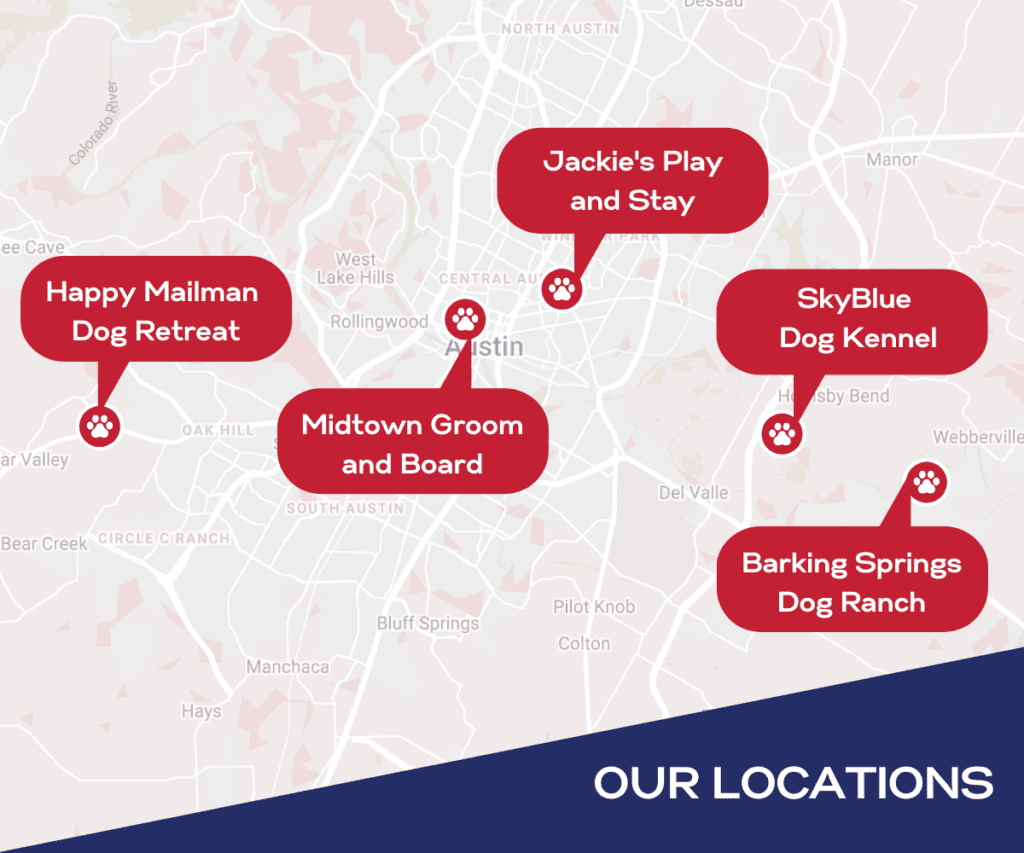
Make sure your dog is up to date on their vaccinations.
The first thing to do is make sure your dog is up-to-date on all vaccinations. Dog daycare facilities require vaccines and/or titers for distemper, parvovirus, rabies, bordetella (kennel cough) and canine influenza. Other required vaccines vary from facility to facility, but may include leptospirosis, lyme disease and canine hepatitis.
Many boarding facilities also require that dogs be spayed or neutered before they can board or attend daycare. If you have a puppy younger than six months who hasn’t been spayed or neutered yet, ask the kennel if they will make an exception — some do if the puppy is crated at night and during nap time.
Find a facility that matches your dog’s needs.
When you’re shopping for a boarding facility, it’s important to find one that matches your dog’s needs and that is clean, safe and well-managed.
A place where dogs are happy and comfortable will help calm your own anxiety about leaving your pet behind when you travel.
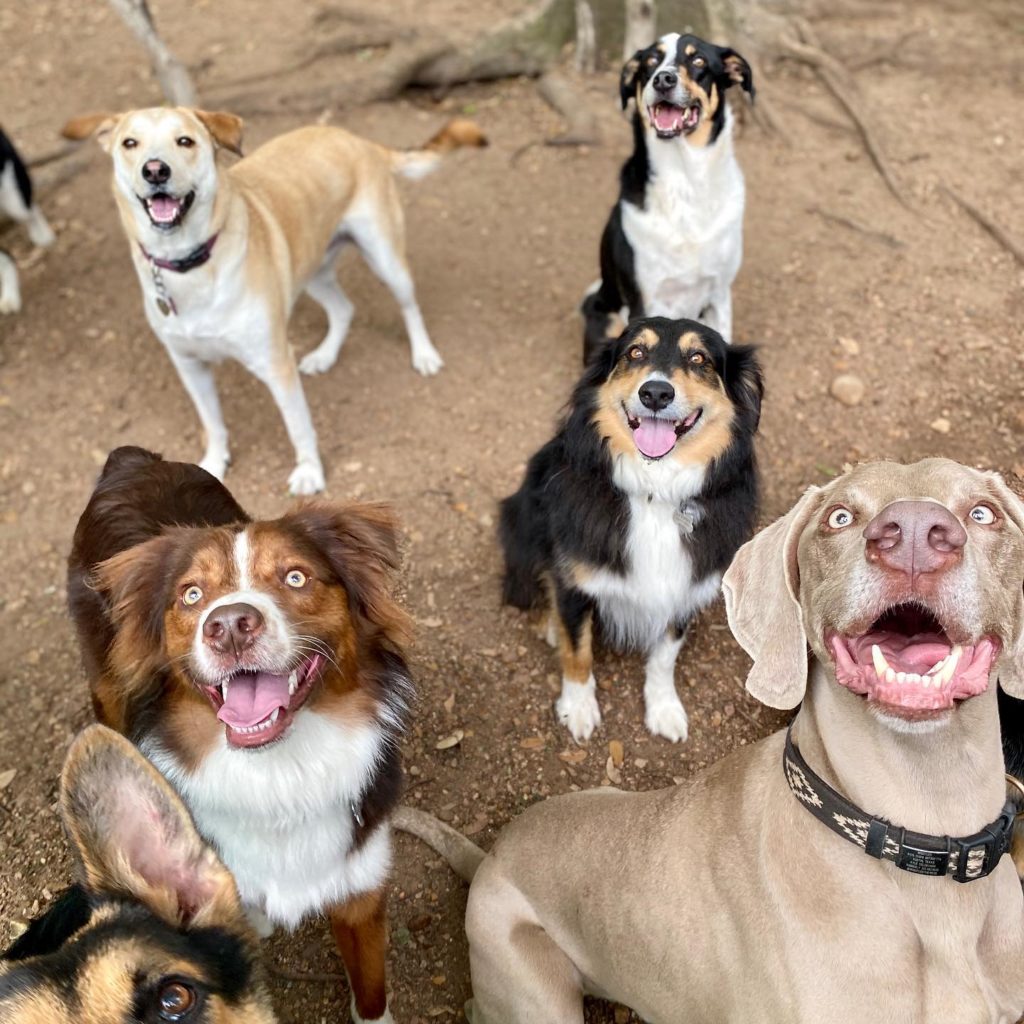
Look for a facility with plenty of room for your dog to move around. Dogs who spend most of their time in crates or kennels are more likely to exhibit separation anxiety or other behavioral problems.
You’ll also want to find a facility that has lots of staff to ensure plenty of one-on-one attention with the dogs. Ideally, staff members should talk and play with the dogs as they’re being walked or taken outside.
Take the time to leave detailed instructions.
Each boarding facility will have its own policies for how to care for dogs, but in general, you should leave specific instructions about feeding, medication and exercise. Make sure you provide information about any health issues or special needs your dog may have. The more details provided, the better! Also leave contact information of someone in town who could be there in case something comes up while you’re away.
Bring your pup’s favorite blanket or an article of clothing you slept in.
Pack as if you were packing for your dog to stay at your friend’s home. Bringing your dog’s favorite toy or blanket will give them something familiar to play with or snuggle up to when you’re away. If your pup is particularly attached to their bedding, you may want to bring it along so they feel more at home in their kennel. If your dog is prone to separation anxiety, wear an old shirt while they sleep and bring it along. Their familiar scent will help them feel more comfortable without you there.
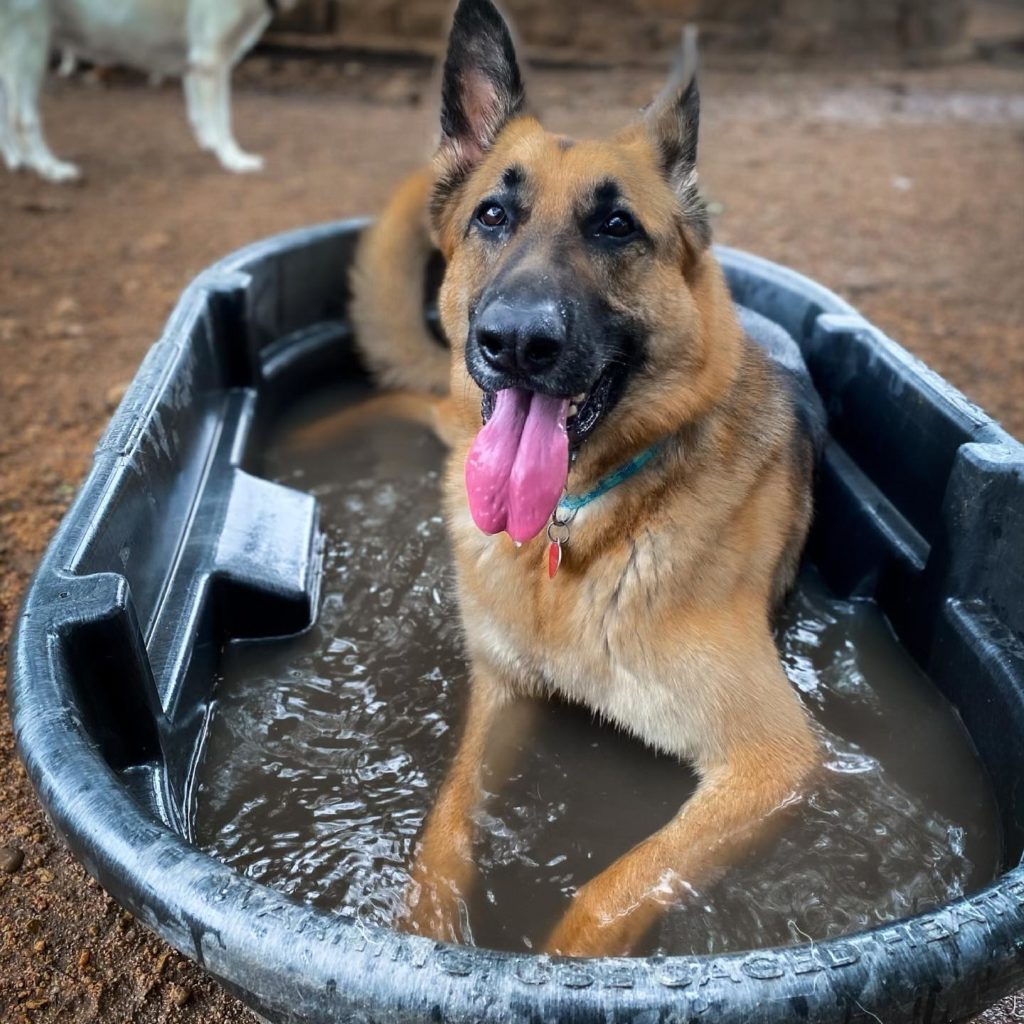
Bring at least two toys, preferably two or three different kinds of toys.
Bring at least two toys, preferably two or three different kinds of toys for example: a hard rubber toy, a stuffed animal and a rope toy). Bring familiar toys that your dog plays with all the time, but also bring some new toys that they have never seen before. It will keep them occupied during their stay but also keep them from getting bored.
Make sure to leave a collar or harness with tags on it, including one with the boarding facility’s contact information.
Make sure to leave a collar or harness with tags on it, ideally including one with the boarding facility’s contact information if your dog got away from the facility somehow. Some facilities also require that you include a copy of your dog’s medical records and a current photo along with their paperwork.
Be sure to let staff know if your dog has any special needs or health issues.
Expect the staff to ask you a lot of questions about your dog. The more you can tell them, the better. A lot of boarding facilities bombard new clients with paperwork, so be prepared to fill out a form with information about your dog’s feeding schedule, exercise routine, and any other pertinent details they should know. Be sure to let staff know if your dog has any special needs or health issues.
Conclusion
Pet boarding facilities can provide great care for your pet. Dogs like mine that have separation anxiety can especially benefit from boarding because they enjoy the socialization and opportunity to run at the dog park or take part in other activities that are not available to them at home. The first time you board your dog it may be a little scary for him. I would encourage you to visit the facility before your pet has to be boarded so you can check out the place and get a feel for what it is like.
